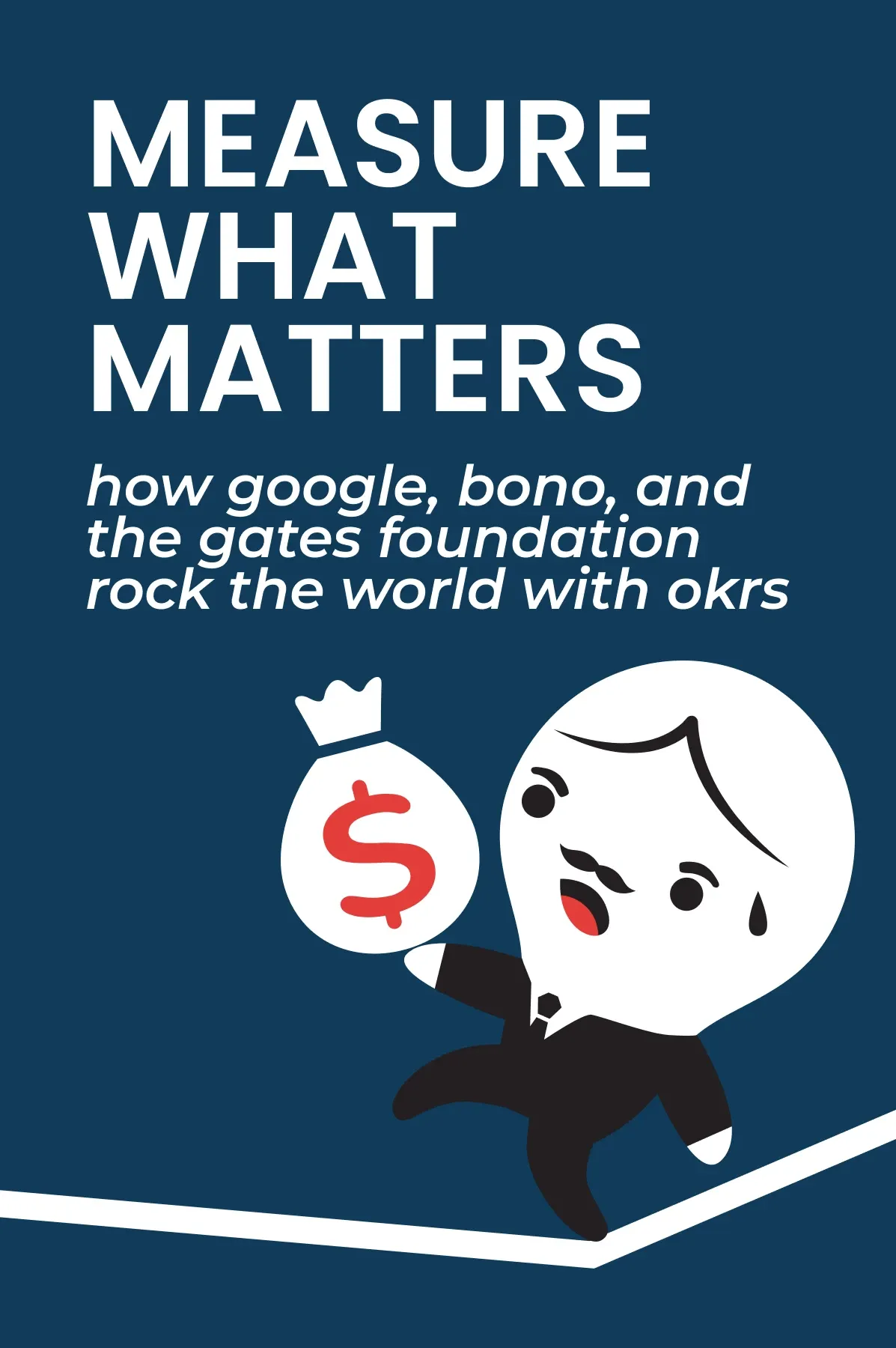
Influence
Brief Summary
“Influence” (1984) explores the deep-seated instincts that drive human behavior, from reciprocity to the allure of scarcity. The book highlights how we are influenced by different factors such as social proof, authority, and subtle signals. Understanding these dynamics is crucial for making informed choices in our lives.
Topics
Key points
Key idea 1 of 8
Have you ever noticed how humans, much like animals, are driven by instinctive triggers? Let's take a detour into the animal kingdom for a moment. It is a fact that mother turkeys exhibit maternal behavior when they hear the chirping of their chicks. An experiment showed that they still react when this sound emerges from a recorder inside a toy cat. They respond with the same care, underscoring the influence of inbuilt, non-rational triggers.
Similarly, humans have their own cognitive shortcuts, influencing their responses to various stimuli. A striking example comes from Ellen Langer's study. She tested which circumstances made participants more inclined to let someone cut in a line for a Xerox machine. They did when a reason was attached, even an unconvincing one. The phrase "because I need to make only five copies" was attached to a request for jumping ahead. This boosted compliance from 60% to 94%. It highlights the power of using the word "because."
Even the most rational of us sometimes stand in a queue for 3 hours to get a cup of coffee, or go to extremely packed supermarkets to shop for something we never needed just because it’s on sale. Why do we do this? Such human tendencies have been extensively studied. It happens because our brains want to simplify our lives by following ready-made patterns for automatic behavior in some situations. For example, we fall victim to influence traps when shopping for a new laptop. We assume that the more expensive device is of also better quality.
Robert Cialdini pinpointed six principles of persuasion rooted in mental simplifications: reciprocation, commitment and consistency, social proof, liking, authority, and scarcity principles. Such reflexive responses are often beneficial, but they can also be manipulated. To stray away from such influence traps, you should get a grasp of how they work. This emphasizes the importance of understanding the mechanics behind our reactions. Moreover, being aware of the principles of persuasion can help us be more ethical in business matters.
FAQ
You may also like these summaries











